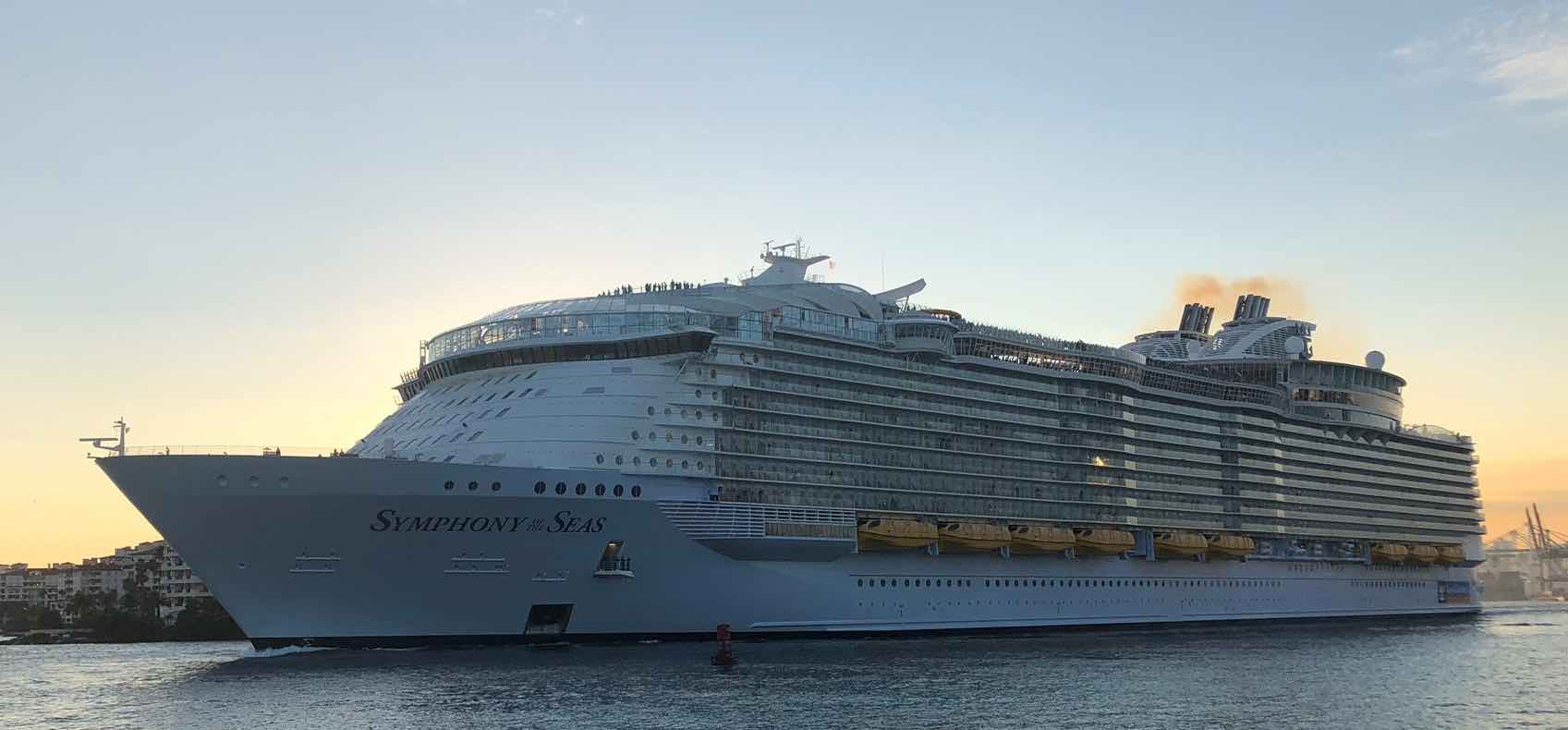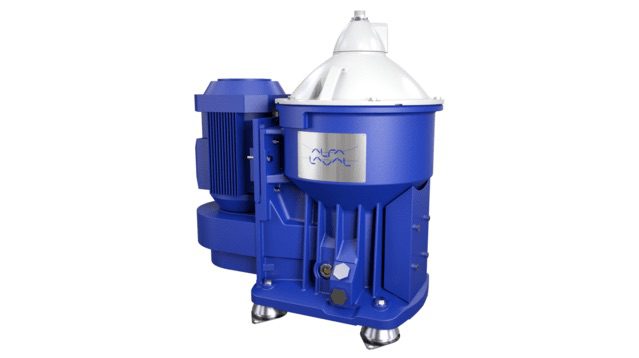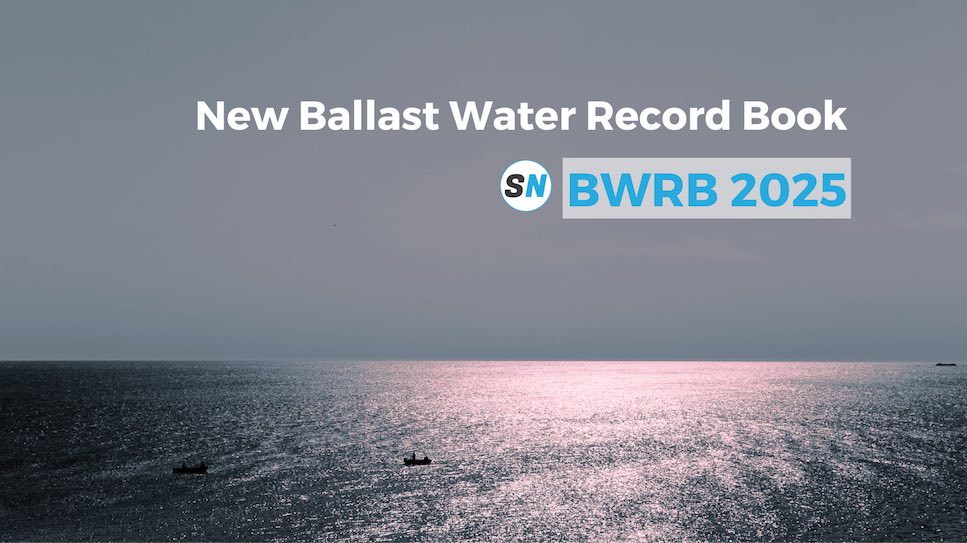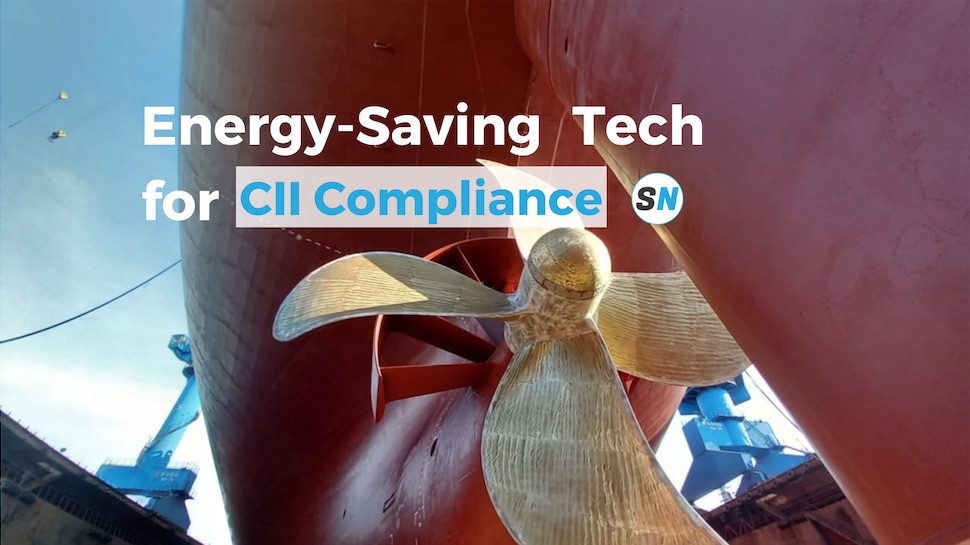28 November 2024
Successful completion of biofuel testing over 12 weeks

Royal Caribbean International’s Symphony of the Seas is the first in the maritime industry to successfully use and complete biofuel testing of a blend in Barcelona, Spain, to reduce the ship’s carbon emissions.
Table of Contents
Concept
This week, Royal Caribbean Group laid important groundwork for the industry’s alternative fuel ambitions by completing over 12 consecutive weeks of biofuel testing in Europe. The company’s steadfast pursuit of finding lower-carbon energy solutions is driven by its SEA the Future commitment to sustaining the planet, energizing communities, and accelerating innovation. By introducing methods that reduce emissions today, Royal Caribbean Group is ultimately advancing the decarbonization of its operations.
“This is a pivotal moment for Royal Caribbean Group’s alternative fuel journey,”
“Following our successful trial of biofuels this summer, we are one step closer to bringing our vision for net-zero cruising to life. As we strive to protect and promote the vibrant oceans we sail, we are determined to accelerate innovation and improve how we deliver vacation experiences responsibly.”
Jason Liberty, president and CEO, Royal Caribbean Group

The first biofuel separators in the marine industry
Alfa Laval has developed separators for biofuel, which have an increase in demand as shipowners seek solutions to decarbonization.
Ship Nerd
Biofuel Testing
Today, in Barcelona, Spain, Royal Caribbean International’s Symphony of the Seas became the first ship in the maritime industry to successfully use and complete biofuel testing of a blend in Barcelona to meet part of her fuel needs. The company confirmed onboard technical systems met operational standards, without quality or safety concerns, demonstrating the biofuel testing of the blend is a reliable “drop-in” supply of lower-emission energy that ships can use to set sail across Europe and beyond. The biofuel testing across Europe also provided valuable data to understand the availability and scalability of biofuel in the region.
“Royal Caribbean’s success is a clear example of how commitment to innovation makes possible the development of solutions to decarbonize the maritime sector. In this case, it involves the cruise sector and focuses on biofuels, an area in which the Port of Barcelona is already working to become an energy hub, producing and supplying zero carbon fuels, such as green hydrogen and ammonia, and of other almost zero-carbon alternative fuels, such as methanol, biofuels or synthetic fuels. Innovation and collaboration between ports and shipping companies is key to accelerate the decarbonization of maritime transport,”
Lluís Salvadó, President, Port of Barcelona
The company began biofuel testing last year and expanded the trail this summer in Europe to two additional ships — Royal Caribbean International’s Symphony of the Seas and Celebrity Cruises’ Celebrity Apex. The sustainable biofuel blends tested were produced by purifying renewable raw materials like waste oils and fats and combining them with fuel oil to create an alternative fuel that is cleaner and more sustainable. The biofuel blends tested are accredited by International Sustainability and Carbon Certification (ISCC), a globally recognized organization that ensures the sustainability of biofuels and verifies reductions of related emissions.
With Symphony of the Seas departing from the Port of Barcelona and Celebrity Apex departing from the Port of Rotterdam, both ships accomplished multiple sailings using biofuel and contributed critical data on the fuel’s capabilities. These results will help accelerate Royal Caribbean Group’s plans to continue testing the use of different types of biofuels on upcoming European sailings this fall. The company is exploring strategic partnerships with suppliers and ports to ensure the availability of biofuel and infrastructures to advance the maritime energy transition.
Source: Royal Caribbean Group
See Also
The use of biofuels or biofuel blends is one of many ways to comply with the IMO’s strategy on the reduction of GHG emissions from ships, and DNV has seen an increasing interest in these new fuels. Hence, we aim to clarify the regulatory status and other considerations regarding the usage of such fuels.
Classification societies receive many requests regarding the safe operation of ships using biofuels and/or biofuel blends and how to comply with international regulations when using these fuels. Below, there is a summary of regulatory issues, safety, and operational aspects.

How to use the new biofuels in shipping
What is the safe operation of ships using biofuels and/or biofuel blends and how to comply with international regulations when using these fuels?


